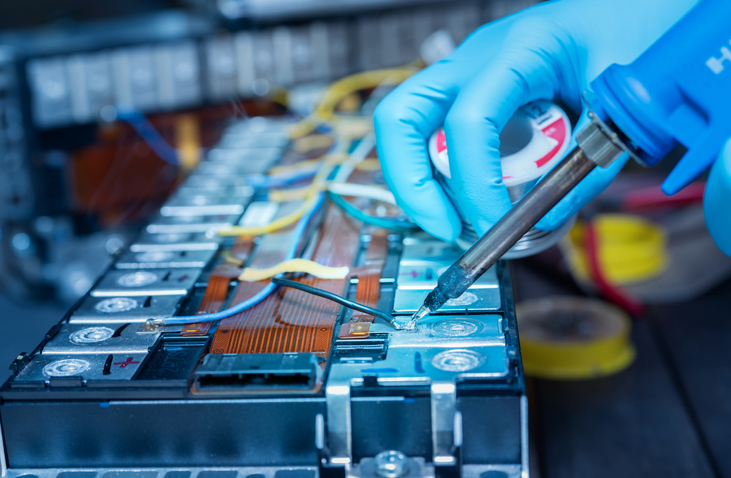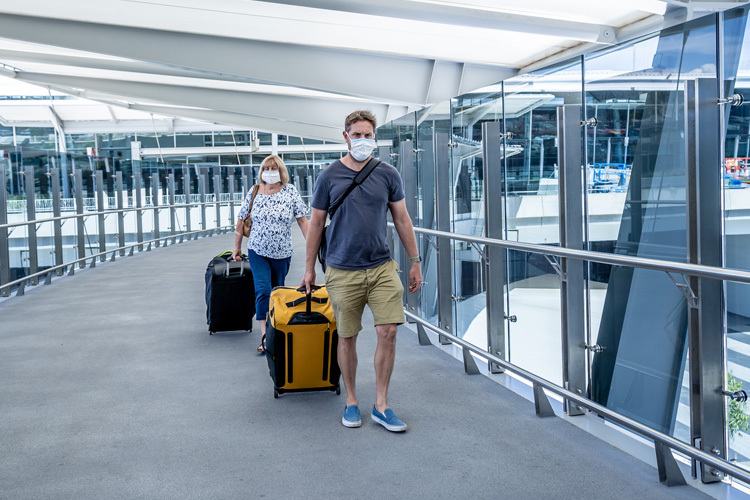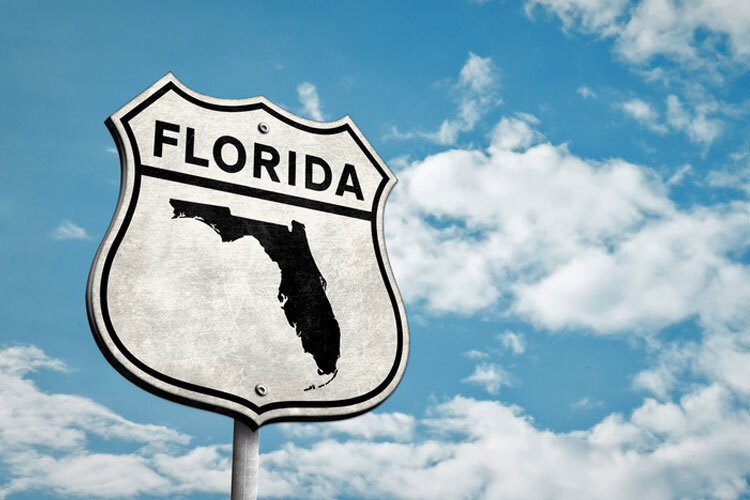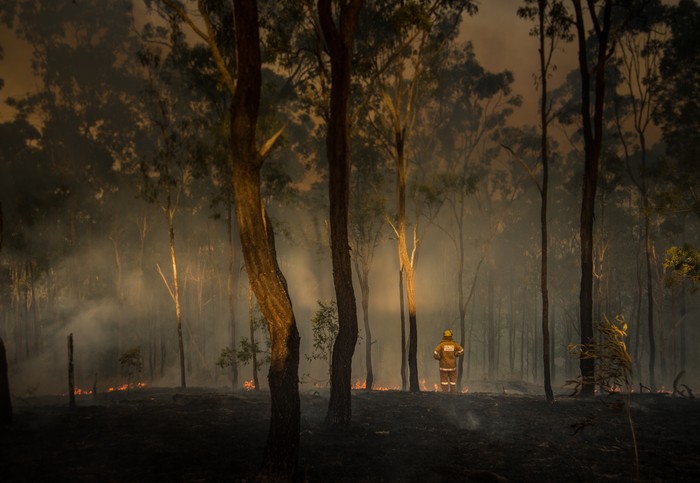EV Battery Imports Face Scrutiny Under US Law on Chinese Forced Labor
Safety Info August 28, 2023 0 COMMENTS
As part of Washington’s effort to trace any U.S. links to forced labor in Chinese supply chains, electric vehicles and other automobile parts are under scrutiny. According to a recently implemented U.S. legislation, it bans the imports of products made in Xinjiang, China, and these primarily include solar panels, cotton garments, and tomatoes.
However, the new inclusions to this list are lithium-ion batteries, automobile manufacturing metals/alloys like aluminum or steel, tires, and such.
Read on to delve into the measures adopted by the U.S. Customs and other authorities to ensure the absence of any forced labor in the supply chains, with regard to the automotive industry in particular.
Measures Adopted By CBP
The gestures by U.S. Customs and Border Protection (CBP) are increasingly causing concern in the minds of automakers who need to showcase solid proof that they don’t have any supply chain links to any such regions where the U.S. believes the Chinese have labor camps for Uyghurs or other Muslim minority factions. Most lawyers in the U.S., such as Charlottesville car accident attorneys, are educating their clients in this regard.
Almost a year after the enforcement of the Uyghur Forced Labour Prevention Act (UFLPA), the development of solar energy projects has been adversely affected. According to the U.S. Solar Energies Industries Association, installation of solar power facilities and equipment has dropped by close to 31% due to restricted panel supplies.
Under the Biden administration, both solar energy and electric vehicles are pushing the U.S. to free itself from the reliance on fossil fuels and take a step towards combating climate change.
In case of shipment detention, CBP gives the importers a list of products from earlier reviews along with the documents that are needed to prove that they don’t have supply chain links to any forced labor. According to Reuters, a CBP spokesperson said that earlier, the focus was mainly on three items – cotton garments, tomatoes, and polysilicon, which is used to manufacture solar panels. However, automobile manufacturing parts like tires, electric vehicle batteries, and aluminum or steel are also on the radar.
According to CBP data, in February, around 31 automotive and aerospace shipments were detained under the ULFPA. It’s reported that the detention of metal shipments, including aluminum and steel, rose from $ 1 million per month in 2022 to more than $ 15 million per month.
Exposures Of Automakers
While automobile shipment detentions are much smaller compared to the $ 1 billion solar panel shipments stopped at the border, the fact that the industry is under surveillance can’t be denied.
Dan Solomon, an attorney at Miller & Chevalier, says,” It’s a very complex supply chain and obviously detention would be incredibly disruptive to an auto company.”
Besides, a study from Britain’s Sheffield Hallam University states that almost every automaker is linked in a way to products manufactured from forced labor in Xinjiang. The report triggered a probe by the U.S. Senate Finance Committee Chair Ron Wyden.
Wyden said,” It’s appropriate for CBP to scrutinize imports in this space.”
A Startling Revelation
When contacted by the CBP, different leading automakers made diverse statements. Reuters reached out to 13 contractors and suppliers – four of which – Mercedes-Benz USA, Continental AG, Volkswagen, Denzo, and ZF Friedrichshafen AG mentioned that they did not have any products detained under ULFPA.
A Volkswagen spokesperson said in an email, “Under the UFLPA, we’ve further increased our due diligence with global media screening, risk analysis, and supplier and buyer training on sustainability and human rights.”
Other automakers, namely Ford, Bosch, General Motors, Honda, Toyota, Stellantis, and Magna, stated in clear written statements that they would ensure their products are not made out of forced labor. However, they did not say anything about detentions under ULFPA.
Automaker Tesla gave no response to the comments.
Brandon Daniels, the CEO of Exiger, a key provider of supply-chain management software, quoted in an interview,” If you’re a car manufacturer and you have not started mapping your supply chains for the critical minerals and the parts of the sub-assemblies that are going through China and where they are getting their goods from, you are running a real peril as we go into the back half of the year.”
As the auto industry in the U.S. comes on the radar, it is highly recommended to stay legally compliant. Talk to a Charlottesville car accident attorney to ensure you are not violating any rules.
RELATED ARTICLES
Recent Posts
- Major Theft Ring Busted: Over $200,000 in Stolen Lego Sets Recovered in Eugene, Oregon
- Judge Denies Texas’ Bid to Shut Down Migrant Shelter Network in El Paso
- Single Mother in Memphis Seeks Help for Troubled Son Amid Rising Concerns
- California’s Proposition 47 Reform Sparks Intense Political Debate Over Public Safety
- U.S. Man’s Social Security Benefits Denied Over Citizenship Confusion
Categories
Our Supporters
Gold Supporters
Christopher Simon – Atlanta Truck Accident Lawyer
Skiver Law Firm – Phoenix Truck Accident Lawyer
Winer, Burritt & Scott, LLP – Los Angeles Clergy Abuse Law Firm
Michael E. Fenimore P.A. – Pensacola Car Accident Lawyer
Pillsbury & Coleman, LLP – San Mateo Long Term Disability Lawyer
The Law Office of Randall J. Wolfe, P.C. – Oregon City Personal Injury Lawyer
Davies Hothem Injury Law – Buford, GA Car Accident Attorney
Houston Federal Criminal Defense Attorney
Darrow Law Firm – Houston Federal Crime Lawyer
Kansas City Personal Injury Lawyer
Atlanta Truck Accident Attorney
Aitken *Aitken* Cohn Trial Lawyers – Santa Ana Personal Injury Attorneys
Dawson Law Group- Portland Personal Injury Attorneys
CT Mediation Center- New Haven Family Law Attorney
Little Rock Personal Injury Lawyer
Katy Car Accident Lawyer
Franklin Divorce Attorney
Palermo Law- Long Island Personal Injury Lawyer
Dan Rose – San Francisco Car Accident Attorney
Taylor Siemens – Liberty, MO Personal Injury Attorneys
Pfeifer Law Firm – Little Rock Car Accident Lawyer
Walkup, Melodia, Kelly & Schoenberger – San Jose Car Accident Attorney
Solomon, Dwiggins, Freer & Steadman – Las Vegas Business Litigation Lawyer
Roane Law – Asheboro NC Car Accident Lawyer
Dorsch Law Firm – Overland Park Estate Planning Attorney
The Tennessee Sledgehammer – Hermitage, TN Car Accident Lawyer
Cook Law Group – Gainesville, GA Car Accident Lawyer
Simon Bridgers Spires – Atlanta Personal Injury Lawyer
Injury Law Associates – Kansas City Motorcycle Accident Lawyer
Potts & Potts – Honolulu Personal Injury Attorney


